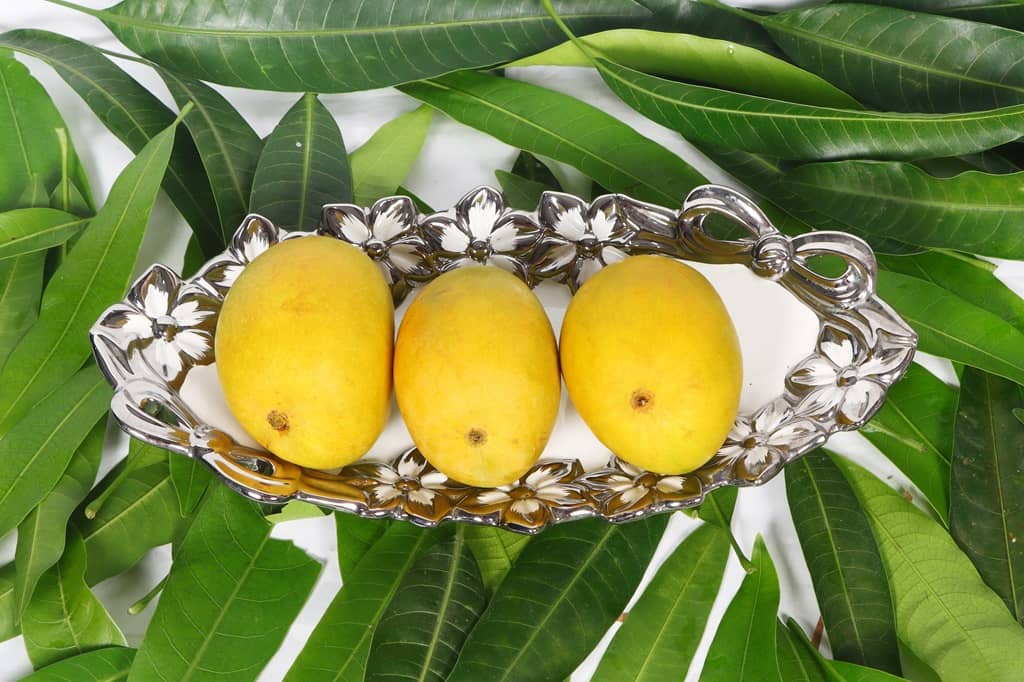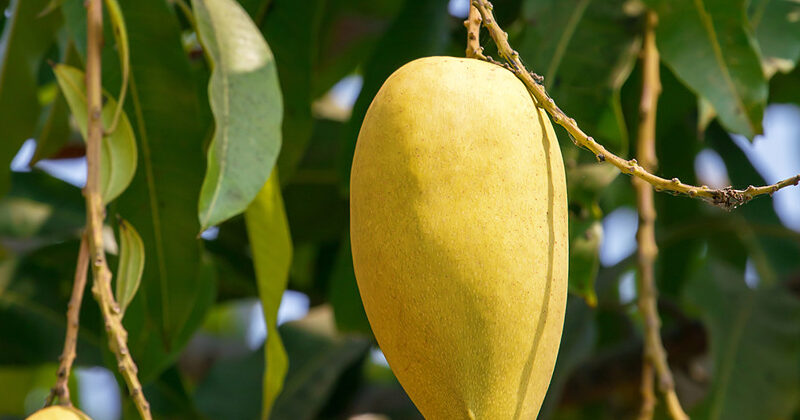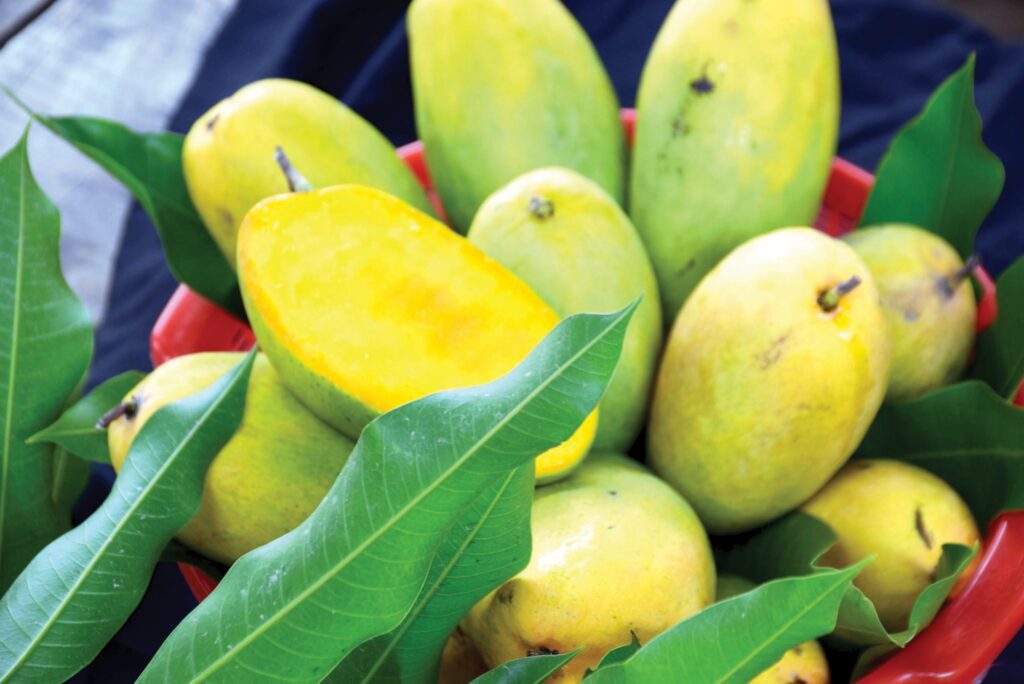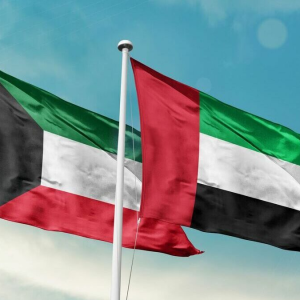A Sweet Takeoff for Goa Farmers
Alphonso mango exports have officially taken flight from Goa as the Dabolim Airport launched its first air shipment to Sharjah. Known for their rich flavor, juicy pulp, and golden hue, Alphonso mangoes—often called the “King of Mangoes”—are finally making their way directly from Goan soil to the UAE.
This new export move is more than just a commercial opportunity. It’s a proud moment for Goan farmers, fruit traders, and everyone who contributes to the mango-growing legacy in the state. The inaugural export not only showcases Goa’s agricultural potential but also opens up a gateway to the global market.
A Direct Link Between Goa and the UAE
In recent years, Sharjah has become a growing hub for global food distribution. With a large South Asian diaspora craving authentic Indian produce, this move by Goa’s airport to connect directly with Sharjah makes both cultural and economic sense.

The initiative is expected to improve export efficiency, reduce transit time, and most importantly, deliver fresher fruits to consumers in the UAE. Farmers and local exporters will no longer have to route shipments via other Indian states or ports, cutting delays and costs significantly.
This new cargo route also adds a fresh dimension to Goa’s identity—not just as a beach destination but as a contributor to global food trade.

Boosting the Alphonso Brand
Alphonso mangoes from Goa are unique. Though Maharashtra is more widely known for them, the Goan variant has a distinct aroma and flavor that sets it apart. With this new export channel, the Goan Alphonso can now compete on a larger stage.
Local exporters believe that this is just the beginning. If the first few shipments prove successful, the demand for Goan mangoes could skyrocket. The branding of Goan Alphonsos as premium-quality produce will help set new price benchmarks in the international market.
Local agricultural cooperatives and private players are now being encouraged to participate in this initiative to ensure that the supply meets global standards.
Supporting Farmers and Rural Economies
The success of mango exports isn’t just about logistics or international markets—it’s about people. Hundreds of small farmers who depend on mango farming as their primary source of income will benefit directly from this move.
By cutting out middlemen and ensuring a fair price for each box of mangoes, this export model provides better profit margins for farmers. It also motivates them to adopt more sustainable and high-yield farming practices.
In addition, several local youth are finding work in packaging, logistics, and quality control, showing how agriculture can stimulate broader rural development.

Fresh, Fast and Farm-to-Airport
Thanks to coordination between Goa Airport, Customs, Agricultural Export Boards, and private logistics companies, the process from orchard to aircraft has been optimized.
Mangoes are now being collected, sorted, and packed at collection centers within the state. Quality control checks ensure that only the finest mangoes are selected for shipment. From there, the mangoes are flown directly to Sharjah under controlled temperatures to retain their freshness.
This streamlined supply chain reduces spoilage, maintains quality, and offers better value to end consumers abroad.
Why Sharjah? The Strategic Advantage
Choosing Sharjah as the first export destination wasn’t random. The emirate has excellent warehousing and re-export capabilities. With its central location in the UAE, it can serve both direct consumers and businesses across the Gulf region.
The significant Indian community in the UAE, especially in Sharjah and nearby Dubai, has always had a deep cultural connection to mangoes—especially Alphonsos. This makes Sharjah a logical and emotional choice for launching the exports.
More importantly, the Sharjah International Airport has cargo facilities tailored for perishable goods, ensuring the mangoes are handled delicately upon arrival.
A Model for Other Indian States
Goa’s successful launch may soon inspire other smaller Indian states to follow suit. By using regional airports for agricultural exports, states can bypass logistical bottlenecks and reduce dependency on metro cities.
This decentralization is not only efficient but also empowers rural economies. As global consumers seek traceable, fresh, and sustainably grown produce, India’s diverse agro-climates and local specialties like Goan Alphonso mangoes can truly shine on the world stage.
What’s Next for Goa’s Export Plan?
Goa’s Department of Agriculture and Export Promotion Agencies are already in talks to expand this initiative. Plans include increasing the volume of mango shipments, exploring new markets like Oman, Qatar, and Bahrain, and even exporting other fruits such as cashew apples and bananas in the near future.
There’s also a push for branding and packaging innovation, so Goan products are instantly recognizable on international supermarket shelves.

If these efforts succeed, Goa could become a small but powerful player in India’s overall export strategy—making its mark not just with tourists, but also with top-quality produce.
Final Thoughts: A Taste of Home for the World
The launch of Alphonso mango exports from Goa to Sharjah isn’t just about fruit—it’s about culture, opportunity, and pride. It gives Goan farmers a new reason to dream big and shows the world that even a small state like Goa can deliver global impact.
With each golden mango making its journey across the sea, it carries not just sweetness, but the hard work, hope, and heritage of an entire region.
Read More: TEDx University of Sharjah: A Groundbreaking Moment












